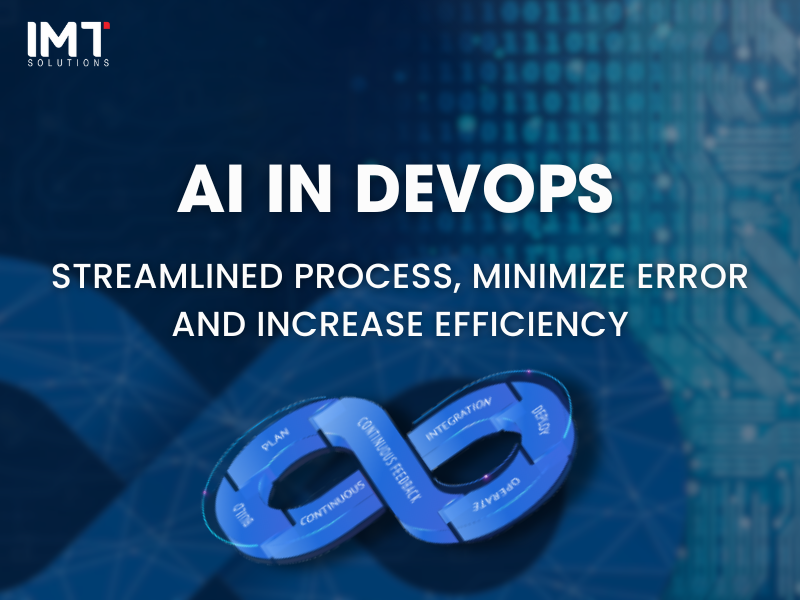THE IMPACT OF IT SECURITY SERVICES ON BUSINESS DATA PROTECTION
In today’s world, protecting business data is one of the most critical aspects of operations. While cybersecurity often takes center stage, IT security is equally, if not more, vital for data protection, addressing both digital and physical aspects. In this article, we will explore the key elements of IT security services and what you need to know to ensure comprehensive protection for your business data.
Understanding IT Security Services
What is IT security?
IT security, short for Information Technology security, focuses on safeguarding an organization’s IT infrastructure. Thes includes both digital and physical assets, such as networks, systems, applications, and hardware devices. By implementing IT security measures and applications, organizations can protect themselves from cyber threats.

IT Security vs. Cybersecurity: Understanding the Difference
While the terms IT security and cybersecurity are often used interchangeably, cybersecurity is actually a subset of IT security. It focuses specifically on the digital or cyberspace domain. The main distinction between the two lies in their objectives. IT security emphasizes technology governance and infrastructure management to support business operations. In contrast, cybersecurity aims to establish a strong security posture to defend against potential cyber threats. Although both aim to protect business data, they address different issues and approaches. Understanding these distinctions is crucial for determining the best practices for each field.

Types of IT security
- Network security: refers to the protection of the network and communication infrastructure from unauthorized access, data misuse, and cyber threats. It uses tools, technologies, and practices to ensure safe data transmission without exposure to malicious actors.
- Endpoint security: involves protecting devices like desktops, smartphones, and other smart devices, which can be vulnerable entry points for cyberattacks. Since these devices are connected to the main organizational network, managing them properly is crucial. This practice adds extra layers of security, safeguarding the entire organization’s systems.
- Internet security: involves protecting all activities conducted online, covering areas such as browser security, user behavior, and network security. Given the massive amount of data exchanged every second, the internet can be a vulnerable channel for cyber threats, highlighting the need for robust protection.
- Cloud security: involves the policies, tools, and technologies that protect users, data, applications, and infrastructure in cloud environments. It includes data encryption, identity and access management, and threat detection to safeguard against internal and external threats.
- Application security: the process of developing and deploying security features within an application. It ensures vulnerabilities are identified and addressed, preventing them from being exploited by cyber threats. This proactive approach helps safeguard applications from attacks and enhances overall system security.
- IoT and OT security: IoT Security protects internet-connected devices from cyber threats that could compromise data or disrupt functionality. These devices, like smart gadgets and industrial sensors, often face vulnerabilities due to limited security features. OT Security safeguards systems controlling industrial operations, where breaches could cause severe operational disruptions or safety risks.

Benefits of IT Security Services in Protecting Businesses From Cyber Threats
Organizations of all sizes encounter cyber threats that can jeopardize their operations and sensitive data. Managing IT security measures can be both time-consuming and resource-intensive, often diverting attention from core business activities. Consequently, many businesses may benefit from considering managed IT security services, which involve outsourcing to a third party. This approach can enhance security while allowing internal teams to focus on strategic initiatives. Managed IT security services come with numerous advantages, including:
- Proactive Defense Against Cyber Threats: Outsourcing security efforts enables a more proactive strategy for managing cyber threats, as third-party providers possess the expertise and experience necessary to secure your systems effectively. Additionally, this approach ensures continuous monitoring and rapid response to threats, bolstering the safety of your organization’s data.
- Long-Term Cost Efficiency: Utilizing managed IT security services allows you to select the options that best fit your requirements, optimizing costs for greater efficiency in the long run. Moreover, effective security management minimizes the risk of cyber threats, thereby reducing the potential for significant financial losses.
- Regulatory Compliance Assistance: In an increasingly regulated landscape, keeping up with compliance requirements can be challenging. Cybersecurity consulting services can help guide your business through these complexities to achieve and maintain adherence to relevant regulations.
- Building Customer Trust and Reputation: By effectively managing cyber threats, your organization can establish safer systems, positively impacting customer perceptions and enhancing your business’s overall reputation.

Essential IT Security Services That You Should Know About
Cybersecurity is essential and will remain critical for protecting your business from cyber threats. In addition to selecting the right cyber security services, it’s crucial to focus on the overall IT security of the organization. If you’re uncertain about your company’s current security posture, here are some key IT security services to consider for safeguarding your business.
Managed security as a service
For small businesses, the absence of a robust cybersecurity plan leaves them particularly vulnerable to cybercrimes. Many small enterprises lack the internal resources or expertise to build and maintain an effective cybersecurity infrastructure. Outsourcing IT security services through Managed Security as a Service (MSS) allows them to access advanced cybersecurity measures. This approach is both time-saving and cost-efficient, as it allows small businesses to focus on their core operations. Additionally, this ensures their data and systems remain protected against evolving cyber threats.
Cybersecurity training
According to reports, 88% of data breaches incidents are caused by employee mistakes. This usually occurs due to a lack of awareness or inadequate training in cybersecurity best practices. Cybersecurity training equips employees to recognize and prevent potential threats, reducing risks to the business. Structured training sessions help employees become more aware of how to recognize suspicious activity. This enhances their ability to respond effectively, safeguarding the company’s sensitive information and network from breaches.
Data backup
As cyberattacks grow more sophisticated, a reliable data backup strategy is essential. Businesses face risks like ransomware that can lock or corrupt data. Implementing secure, automated backups ensures information is regularly saved and stored off-site. This creates a safety net against hardware failures, natural disasters, or cyberattacks.





